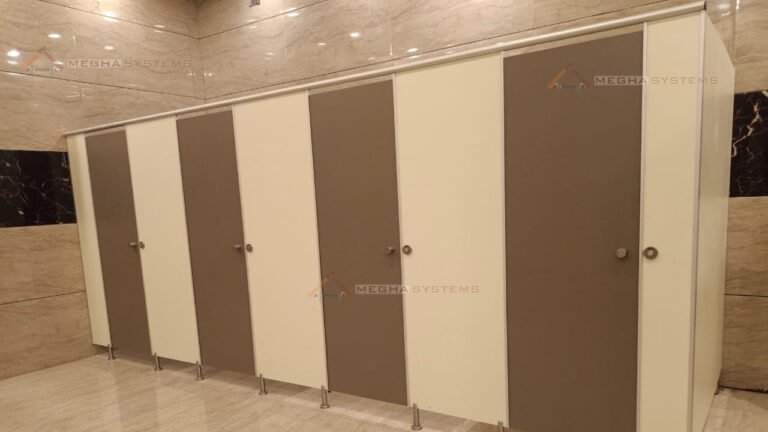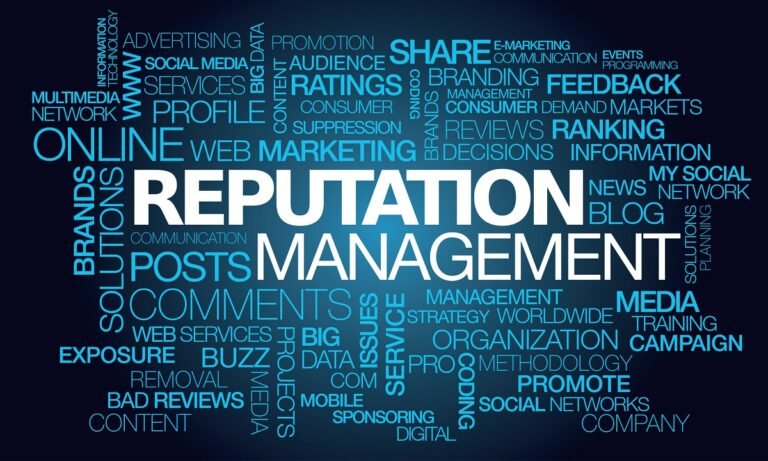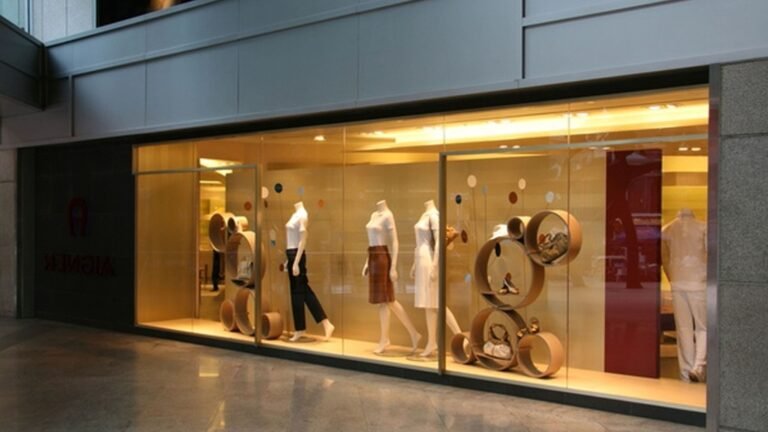Different types value epoxy coating factory flooring systems
For over 25 years, Armorpoxy has been supplying homeowners and businesses with high-performance roof coatings. Armorpoxy’s products and services are unmatched in the industry. ArmorPoxy manufactures innovative roof coatings to make purchasing and installing your residential or commercial project fast and easy. Contact Armorpoxy’s experienced staff to help you choose the correct product for your application and budget.
The factory environment is a dynamic landscape with machinery, heavy foot traffic, and chemical exposure on a daily basis. Factory floors demand a perfect balance between affordability and durability. Epoxy flooring has gained prominence in the industrial sector due to its versatility and cost-effectiveness. It delivers robust performance within budget-friendly criteria. In this article, we will explore the different features and epoxy factory applications to learn more about its value and implementation in the factory setup.
Different types of epoxy factory flooring
Epoxy flooring is a choice in the factory for many reasons. Various epoxy flooring options are available to tailor to the specific needs and requirements of the industry. Some of the major factory epoxy floorings are as follows:
1. Water-Based Epoxy Coatings
Water-based epoxy coatings are used in factories due to their fewer organic compounds (VOCs). It is safer for both the environment and workers. Ideally, the factory owners see a budget-friendly solution with less chemical resistance, so such water-based coatings are highly utilised.
2. Solvent-based epoxy coating
Solvent-based epoxy coatings tend to have higher durability and chemical resistance. They are good at forming strong bonds with the substrate, creating a resilient surface. The factories with heavy machinery and high-traffic areas lead to such flooring types.
3. Epoxy Mortar Systems
Epoxy mortar systems are a heavy-duty option that relies on a mixture of epoxy resin and sand or quartz aggregate. The impact of such a mixture leads to a resistant-free flooring system, and it is mainly applied to extreme floor conditions, heavy machinery traffic, or exposure to chemicals. The impact and abrasion of this type of epoxy flooring are excellent.
4. Chemical-resistant epoxy coating
Formulated with epoxy to withstand chemical and harsh environments, chemical-resistant epoxy is much needed in many factories, demanding an impermeable barrier for corrosive substances and chemicals. Most of the time, essential factories dealing with highly demanded chemicals and processing laboratories have high-build chemical-resistant coatings.
High-Value Appeal of Epoxy Flooring
Composed of resins and hardeners, the chemical bond-making epoxy has a seamless and high-gloss surface to withstand high traffic and chemical impact. The durability of the epoxy in the factory is increased by its cost-effective installation. Epoxy is applied directly to concrete surfaces, reducing subfloor preparation costs. This reduces the cost of labour, with acceleration in the installation process allowing factories to resume operations swiftly.
Long-term Benefits of Epoxy Floors
Another appeal to the factory floor made of epoxy is its long-term savings and the ability to withstand budget-friendly solutions. The durability and wear of the heavy machinery, foot traffic, and chemical exposure reduce the frequency of repairs and replacements. Such significant savings make epoxy an economical investment.
Conclusion
The factory floors require high investment and value for their maintenance. In terms of cost-effective installation and resilient impact factors, epoxy flooring in the factory has its own advantages. It is the go-to option for factories seeking to maximise value without compromising the quality and durability of the floor. Business owners must consider the potential budget and ensure its valuable implementation on the factory floor. Thus, low-cost installation with long-term savings on investment creates a bridge for increasing the high value of the epoxy factory floor.






